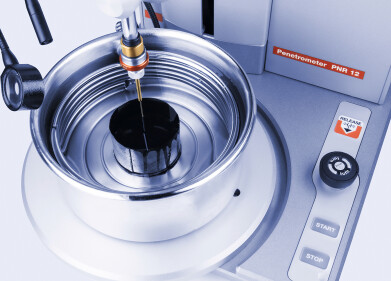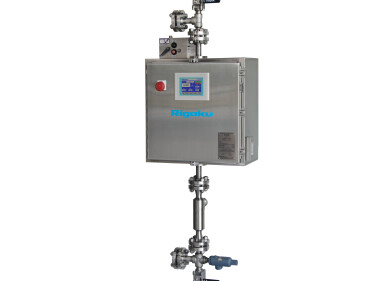Measurement and testing
What Challenges Does Plastic Recycling Cause for the Petrochemical Industry?
Nov 02 2021
Plastic recycling is an integral part of maintaining a healthy planet. However, for the petrochemical industry, this eco-friendly practice poses a range of challenges. Below, we explore some of the key issues plastic recycling causes for the petrochemical industry and what’s being done to address them.
The barriers to a circular plastics economy
Creating a circular economy is the underlying goal of plastic recycling. In theory, a circular economy aims to reuse all plastic products and ensure nothing ends up in landfill or pollutes the natural environment.
For example, sustainable fashion companies are manufacturing swimsuits from material made from recycled plastic bottles. Initiatives such as the EU Action Plan exist to support the creation of a circular plastics economy and minimise waste wherever possible.
Unfortunately, it’s not as easy as it sounds. Plastics are not a standardised product and while most are recyclable, the process often calls for specialised equipment and facilities. The sheer number of different plastics used to manufacture products makes it incredibly difficult to sort and separate materials.
The seven major plastic types
Plastics can generally be categorised into the following groups:
- Polyethylene terephthalate (PET)
- High-density polyethylene (HDPE)
- Polyvinyl chloride (PVC)
- Low-density polyethylene (LDPE)
- Polypropylene (PP)
- Polystyrene (PS)
- Nonrecyclable plastics
While the groups appear to be relatively simple, thousands of different plastic formulations can fall into each category. Many contain unique blends of raw materials and additives, making it extremely difficult to create standardised recycling processes. Additives are a difficult problem as they must be identified, removed and disposed of before a plastic product can be turned into virgin resin and recycled.
The advent of chemical recycling
Over the past decade, chemical recycling has emerged as an exciting new alternative to traditional mechanical recycling. Petrochemical companies supply the specialised materials used during chemical recycling processes, which allows plants to break down plastics and transform them into fuels, feedstocks and even monomers
A collaborative effort from upstream and downstream players
Despite challenges, the petrochemicals industry is teaming up with other manufacturers to fast track the shift towards a circular economy. For example, in 2022 American multinational food company Mondelez International will begin packaging Philadelphia cream cheese in containers made from chemically recycled plastics. Saudi-based petrochemicals company Sabic will manufacture the polypropylene, eco-conscious start-up Plastic Energy will supply the feedstock needed to create the polypropylene, while Fortune 500 company Berry Global will mould the tubs.
“You cannot achieve a circular economy on your own. A circular economy requires partnering up- and downstream,” says Robert Flores, Vice President of Sustainability at Berry Global. “And obviously, as such a well-known global company, Mondelez International was an ideal partner to launch this material with.”
Alongside recycling, clean air initiatives are playing an important role in reducing pollution and protection the planet. Find out more about what’s being done to slash industrial emissions in ‘Using gas analysis to support clean air initiatives in plants and refineries’
Digital Edition
PIN 25.5 Oct/Nov 2024
November 2024
Analytical Instrumentation - Picturing Viscosity – How Can a Viscometer or a Rheometer Benefit You? - Sustainable Grease Formulations: Evaluating Key Performance Parameters and Testing Method...
View all digital editions
Events
Jan 20 2025 San Diego, CA, USA
Jan 22 2025 Tokyo, Japan
Jan 25 2025 San Diego, CA, USA
SPE Hydraulic Fracturing Technology Conference and Exhibition
Feb 04 2025 The Woodlands, TX, USA
Feb 05 2025 Guangzhou, China



















